Do you love using vanilla extract in your recipes but have always wondered if it contains alcohol? Look no further for the answer!
In this article, we’ll explore the alcohol content in vanilla extract and how it is made. Plus, we’ll discuss the evaporation of alcohol during cooking and baking.
If you’re looking for alcohol-free alternatives to vanilla extract, we’ve got you covered. Get ready to discover the innovative options available to enhance your culinary creations!
The Alcohol Content in Vanilla Extract
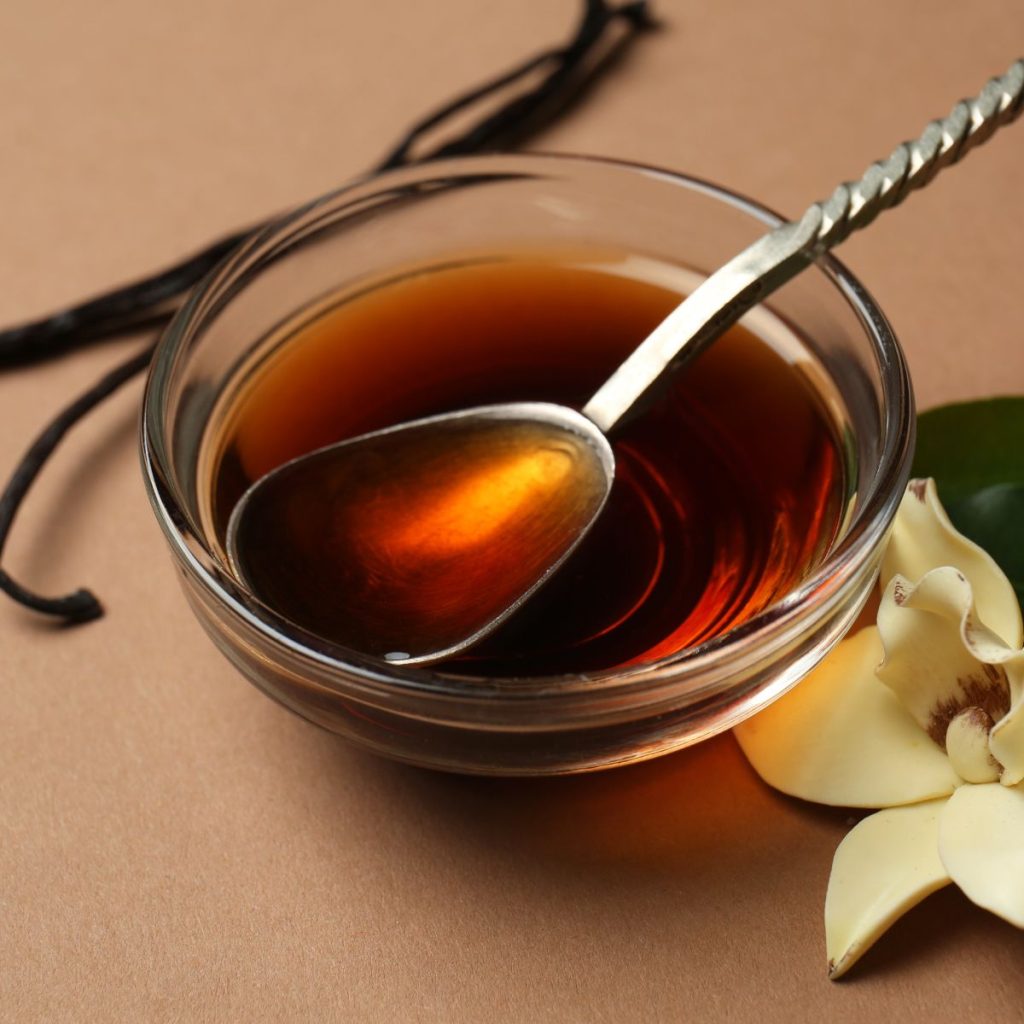
You may be wondering about the alcohol content in vanilla extract. Well, let me assure you that vanilla extract does indeed contain alcohol. But before you start worrying about getting tipsy from your baked goods, let’s delve into the details.
The alcohol content in vanilla extract is typically more than 35%. This alcohol comes from the process of extracting the flavor from vanilla beans using a solution of alcohol and water. The alcohol acts as a solvent, extracting the aromatic compounds from the beans and infusing them into the liquid.
However, fear not, because when you bake with vanilla extract, the alcohol evaporates due to the heat, leaving behind only the delicious vanilla flavor. So go ahead and experiment with innovative recipes using vanilla extract, knowing that the alcohol content is nothing to be concerned about.
How Vanilla Extract Is Made
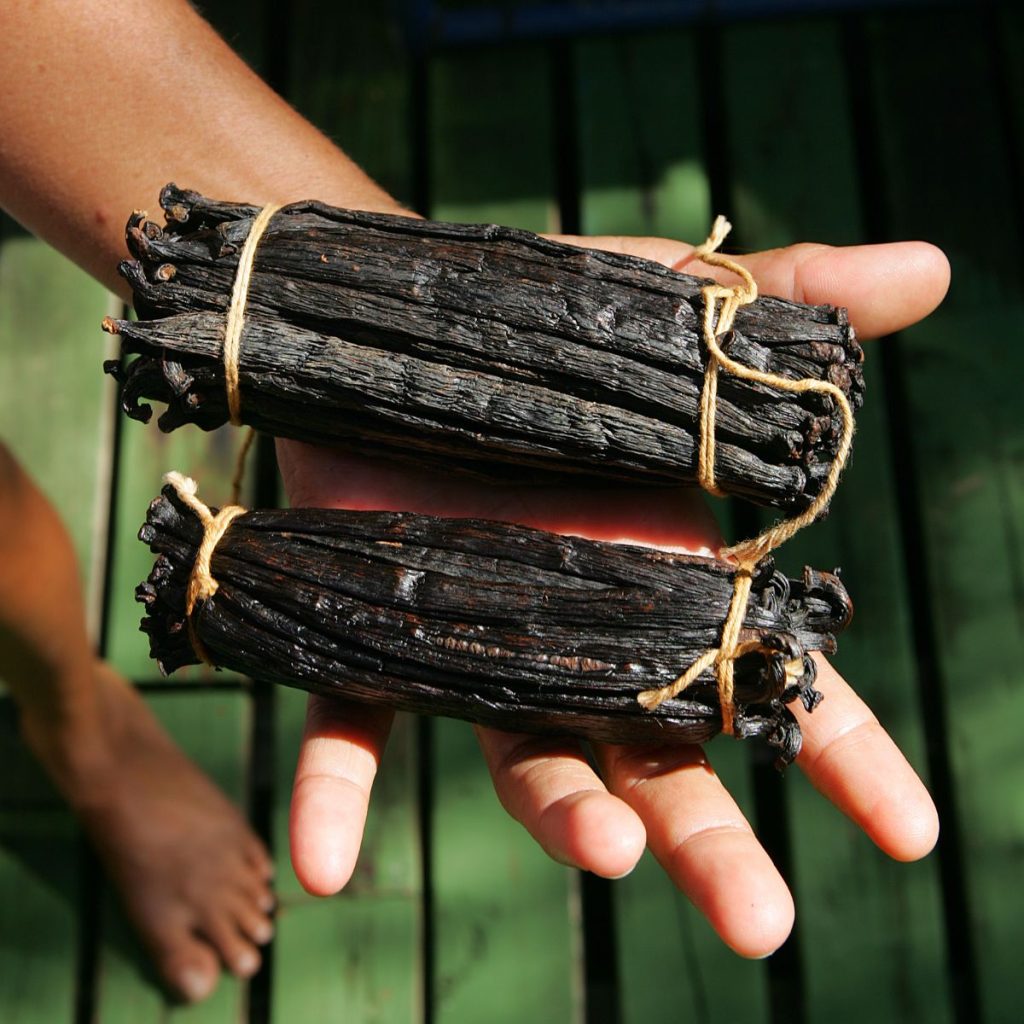
If you’re curious, let me explain how vanilla extract is made.
Vanilla extract is a product that’s derived from the vanilla bean, which comes from the vanilla orchid plant.
The process begins by harvesting the vanilla beans and then curing them. After curing, the beans are dried and sorted.
Once sorted, the beans are soaked in a mixture of alcohol and water. This mixture extracts the flavor compounds from the beans. The vanilla beans are left to soak in the alcohol solution for a period of time, allowing the flavors to infuse.
After the soaking process is complete, the liquid is filtered and bottled, resulting in the vanilla extract that we use in our baking and cooking.
This innovative process ensures that the rich and aromatic flavors of vanilla are captured in every drop of the extract.
Cooking and Baking With Vanilla Extract
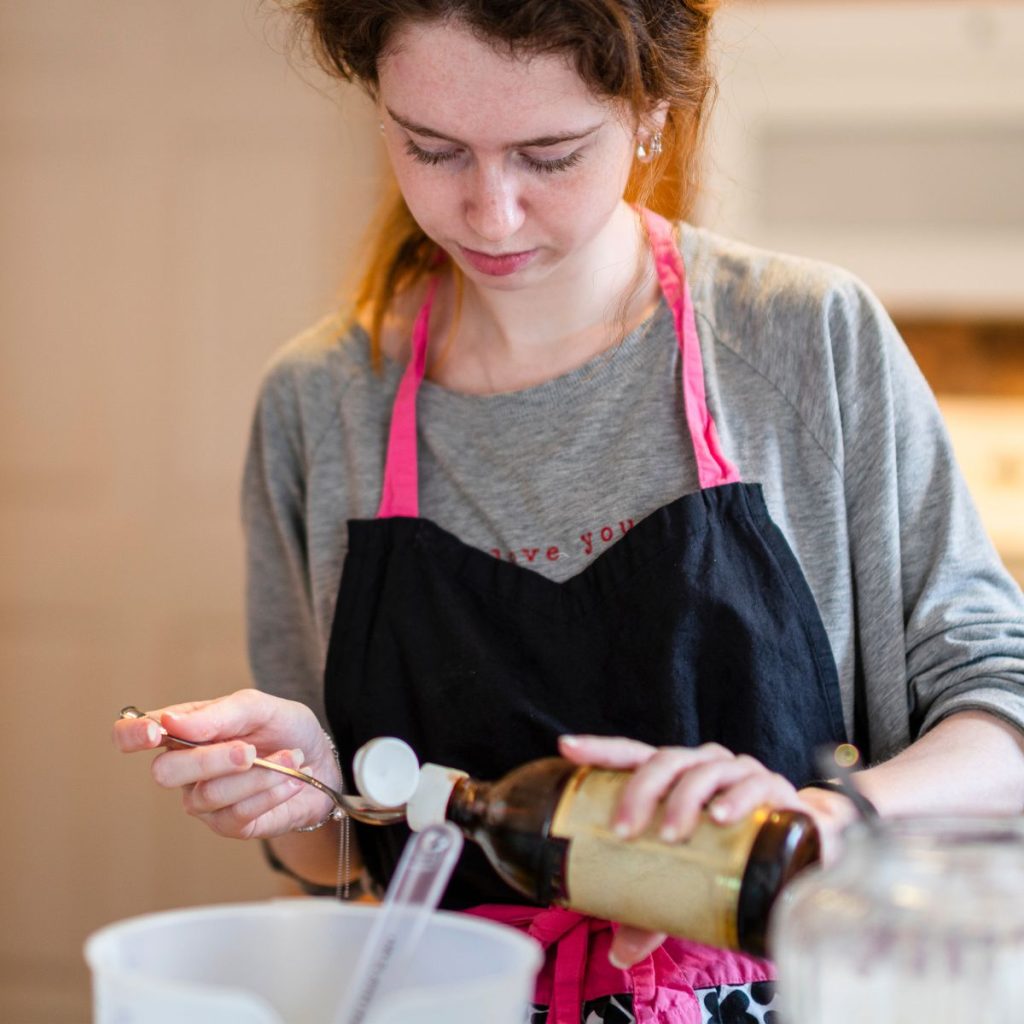
Try adding a few drops of vanilla extract to your favorite recipes, as it can enhance the flavor and add a hint of sweetness.
Vanilla extract is a versatile ingredient that can be used in both cooking and baking to elevate your dishes to new heights.
Whether you’re making cookies, cakes, or even savory dishes like roasted vegetables, a touch of vanilla extract can take your creations from ordinary to extraordinary.
The rich and aromatic flavor of vanilla adds depth and complexity to your dishes, making them more memorable and enjoyable.
Evaporation of Alcohol in Vanilla Extract
But, did you know that when you bake with vanilla extract, the alcohol content actually evaporates? It’s true! When you add vanilla extract to your baking recipes and expose it to heat, the alcohol present in the extract evaporates, leaving behind only the delicious flavor.
This is great news for those who may be concerned about consuming alcohol in their baked goods. The evaporation process occurs because alcohol has a lower boiling point than water. As the mixture heats up in the oven, the alcohol molecules start to vaporize and escape into the air, while the water content remains.
Alcohol-Free Alternatives to Vanilla Extract
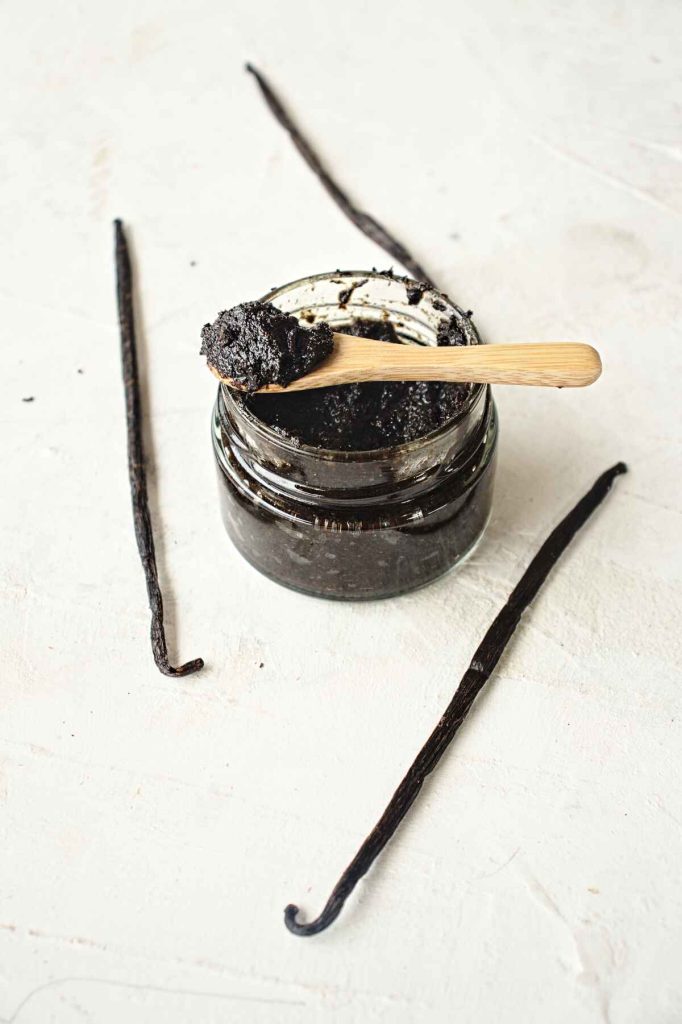
Looking for a non-alcoholic substitute for vanilla extract?
If you’re someone who embraces innovation and wants to explore new options, there are several alcohol-free alternatives available that can bring the same delicious vanilla flavor to your recipes.
One option is vanilla bean paste, which is made from the pureed vanilla bean and contains no alcohol. It has a rich and intense flavor that can enhance your dishes.
Another alternative is vanilla powder, which is made by grinding dried vanilla beans into a fine powder. It provides a concentrated vanilla flavor and is easy to use.
Additionally, you can try using vanilla-flavored extracts that are specifically labeled as alcohol-free. These extracts are made using alternative solvents, such as glycerin or propylene glycol, which don’t contain alcohol.
With these innovative alternatives, you can enjoy the wonderful taste of vanilla without any alcohol content.






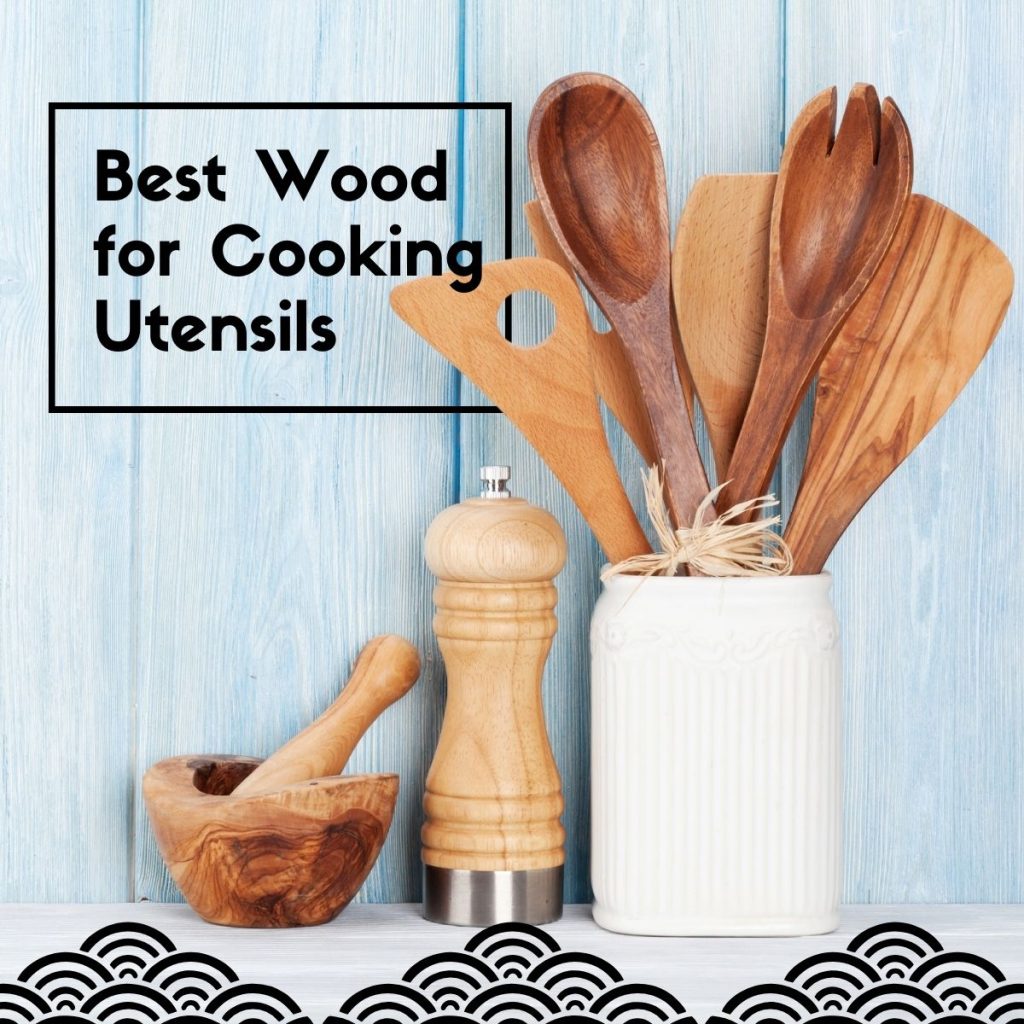
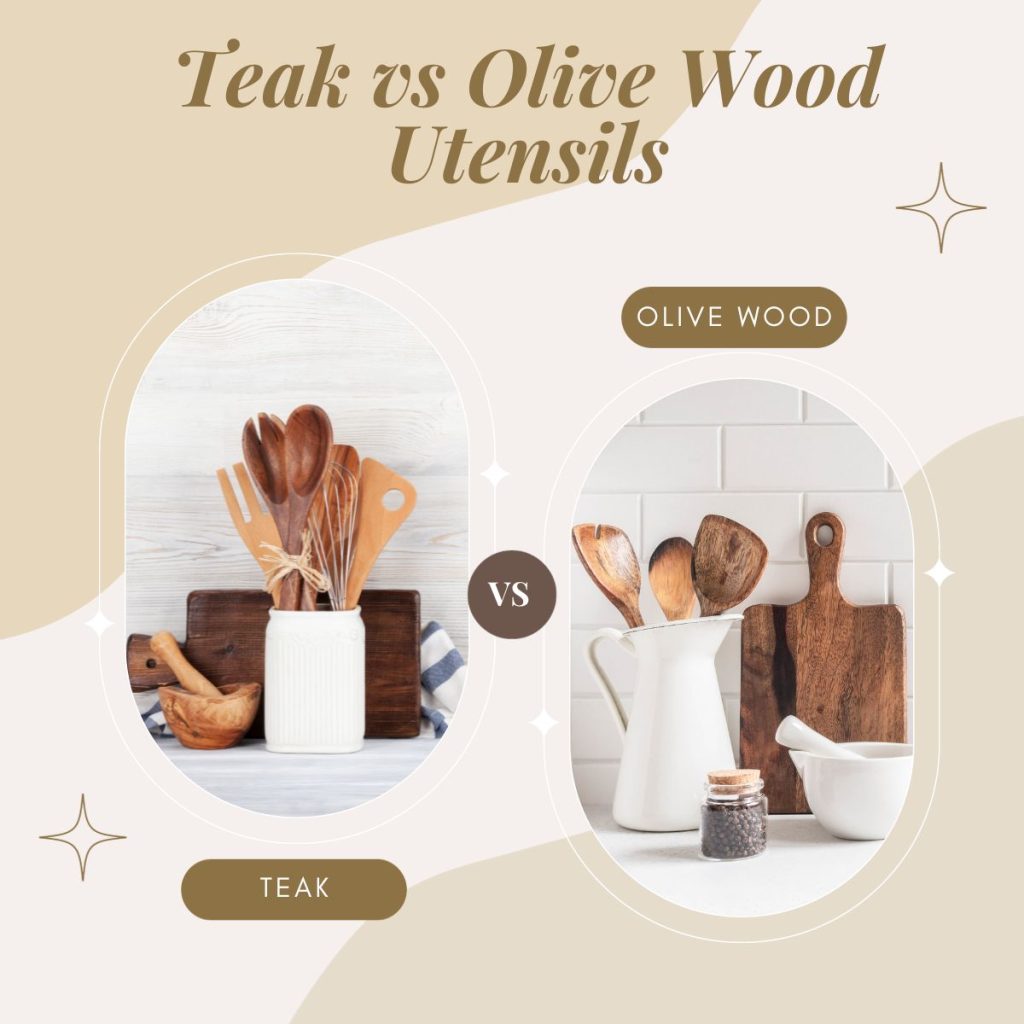
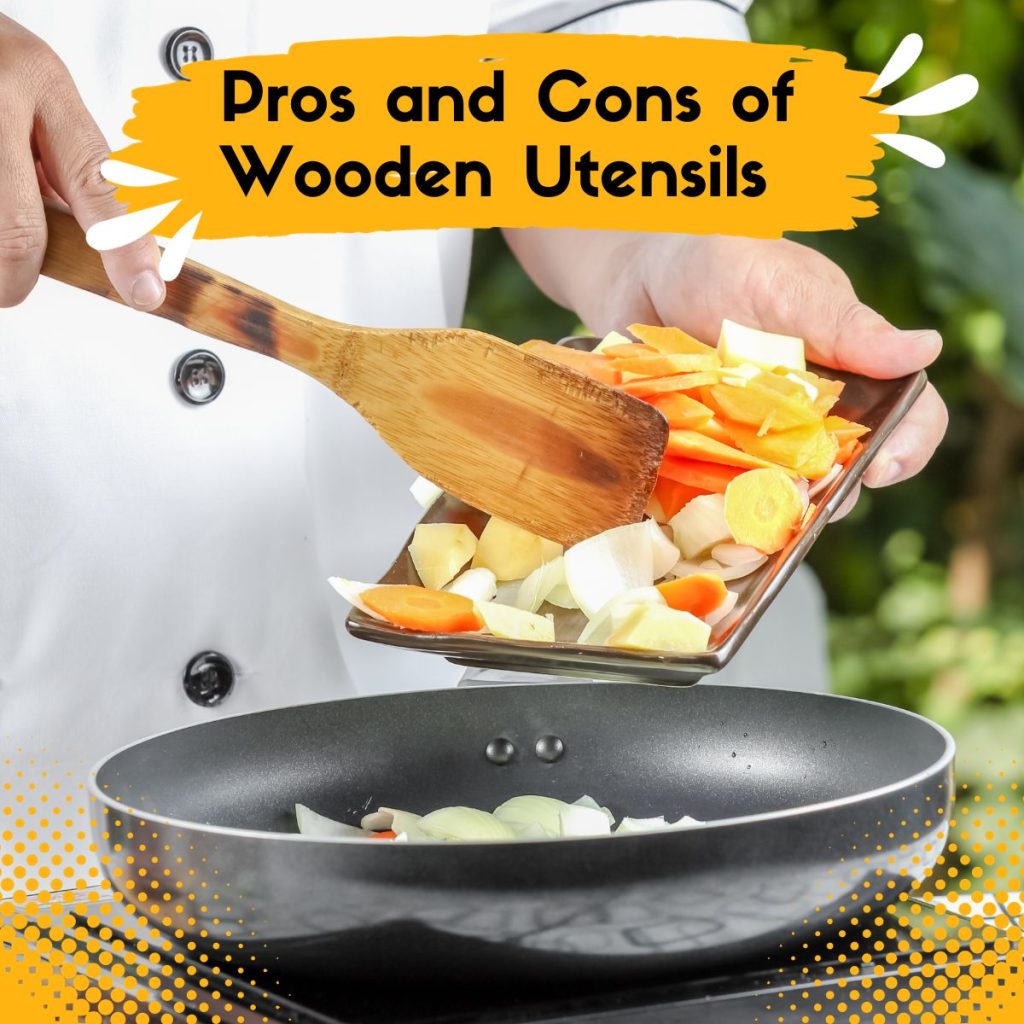
Konnichiwa! (Hello!) I'm Pat Tokuyama, a Japanese tofu cookbook author, who travels for music, food, and adventure. If you like Japanese tea, checkout some of the newestorganic japanese tea, matcha bowls and noren and more!
** Curious about the Plant Based Japanese Cooking Club? ** Learn more here!